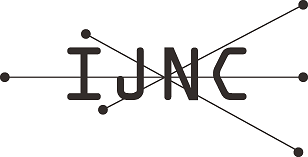A Cache Replacement Policy with Considering Global Fluctuations of Priority Values
Abstract
In the high-associativity caches, the hardware overheads of the cache replacement policy become a problem. To avoid this problem, the Adaptive Demotion Policy (ADP) is proposed. The ADP focuses on the priority value demotion at a cache miss, and it can achieve a higher performance compared with conventional cache replacement policies. The ADP can be implemented with small hardware resources, and the priority value update logic can be implemented with a small hardware cost. The ADP can suit for various applications by the appropriate selection of its insertion, promotion and selection policies. If the dynamic selection of the suitable policies for the running application is possible, the performance of the cache replacement policy will be increased. In order to achieve the dynamic selection of the suitable policies, this paper focuses on the global fluctuations of the priority values. At first, the cache is partitioned into several partitions. At every cache access, the total of priority values in each partition is calculated. At every set interval, the fluctuations of total priority values in all the partitions are checked, and the information is used to detect the behavior of the application. This paper adapts this mechanism to the ADP, and the adapted cache replacement policy is called the ADP-G. The performance evaluation shows that the ADP-G achieves the MPKI reductions and the IPC improvements, compared to the LRU policy, the RRIP policy and the ADP.
Keywords
Full Text:
PDFRefbacks
- There are currently no refbacks.
